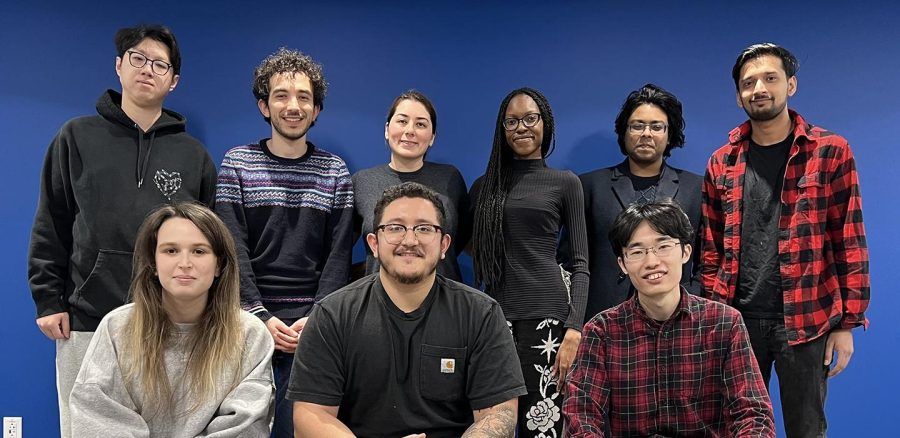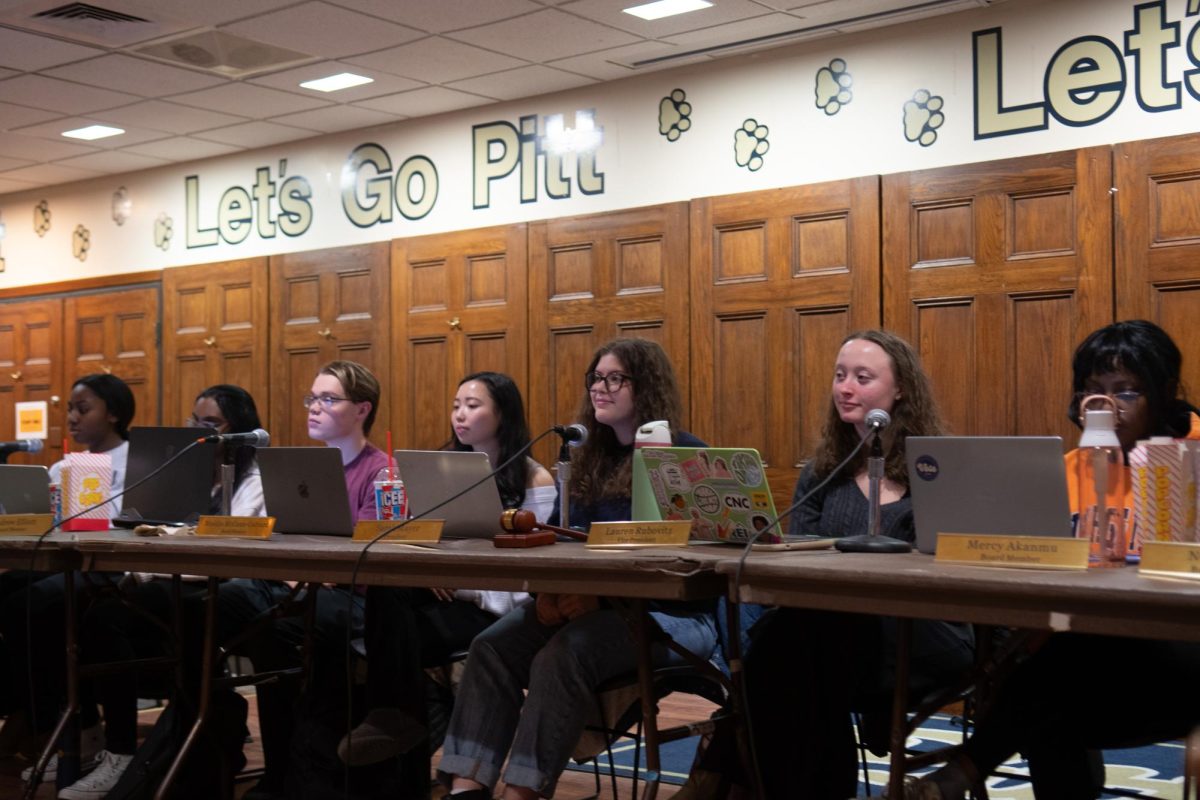Pitt team creates ‘inclusive,’ ‘collaborative’ AI for Amazon competition
A team of doctoral students is one of 10 finalists in the Amazon Alexa Taskbot Challenge.
March 2, 2023
As conversational artificial intelligence — such as ChatGPT — increases in popularity and usefulness, Pitt students are discovering how to make AI technology more collaborative and accessible for users.
Pitt was one of 10 university teams selected for the Alexa Prize Taskbot Challenge 2, an Amazon-sponsored competition that began in January 2023. This challenge invites teams to build chat bots, or dialogue systems, that can assist users with tasks around the home.
According to the challenge website, the Alexa Prize is “a flagship industry-academic collaboration dedicated to accelerating the science of conversational artificial intelligence (AI) and multimodal human-AI interactions.”
Users who interact with each team’s bots decide the competition winners. The top three teams with the best overall performance will be awarded monetary prizes. First place receives $500,000, second place $100,000 and third place $50,000 in prize money.
Pitt’s team of eight graduate and doctoral students created the AI project ISABEL, which stands for “IncluSive And collaBorativE aLexa.” Anthony Sicilia, the team leader, said the team is working on a system that is “flexible and human-like.”
“Users with different preferences and capabilities will be able to tailor their experience, so our TaskBot can be more accessible to diverse groups and, ultimately, reach more users,” Sicilia, a fourth-year doctoral student in intelligent systems, said.
The team will use context-aware, multimodal communication to create these human-like techniques, according to the team website page. Team member Mert Inan said the features of ISABEL will cater to “customers that are generally minorities,” such as those who are hard of hearing.
“We proposed to incorporate ways of including more users into the Alexa Prize as well,” Inan, a third-year doctoral student in the computer science department, said. “Our team is trying to build a system that is capable of talking to a more diverse, bigger audience.”
Sicilia shared that this challenge differs from past startups he worked on, but continues to provide “a great opportunity for personal growth.”
“I think for most of us on the team, we see this as an excellent opportunity to make some of our research come to life in a practical, usable technology that can benefit users worldwide,” Sicilia said.
Inan said he wanted to contribute to the team because his main research focuses on conversational systems and how artificial intelligence can better interact with humans, especially when different modalities are used.
“For instance, if the artificial intelligence wants to use an image combined with the text and other modalities, and how we can combine all of these together,” Inan said. “This presented a good way of doing it and especially in a real world environment.”
As AI use increases, Sicilia said he thinks it’s important that these systems are controlled and used responsibly. By participating in the competition, Pitt’s team has worked to rid these
systems of harmful social biases that can arise and better understand the capabilities of AI technologies, according to Sicilia.
“I’m overall very happy that the discussion of AI has made its way into the public sphere,” Sicilia said. “It’s important for us as a society to discuss the benefits and limitations of these technologies and what role they should be playing in our lives, especially considering that these technologies certainly are playing an increasing role.”
Problems sometimes arise when defining consciousness, human intelligence and artificial intelligence within the scope of these systems, according to Inan. He said people generally think that consciousness only falls into talking or verbal communication, but that human intelligence is more diverse than it seems.
“Human intelligence is definitely much bigger than that,” Inan said. “We’re just kind of understanding and providing the tools to the community of the world to use these artificial intelligences. That is, I think, an important milestone for the development of humanity in general.”
Editor’s Note: This article has been updated to clarify that the team proposed ways to incorporate more users into the Alexa Prize.



